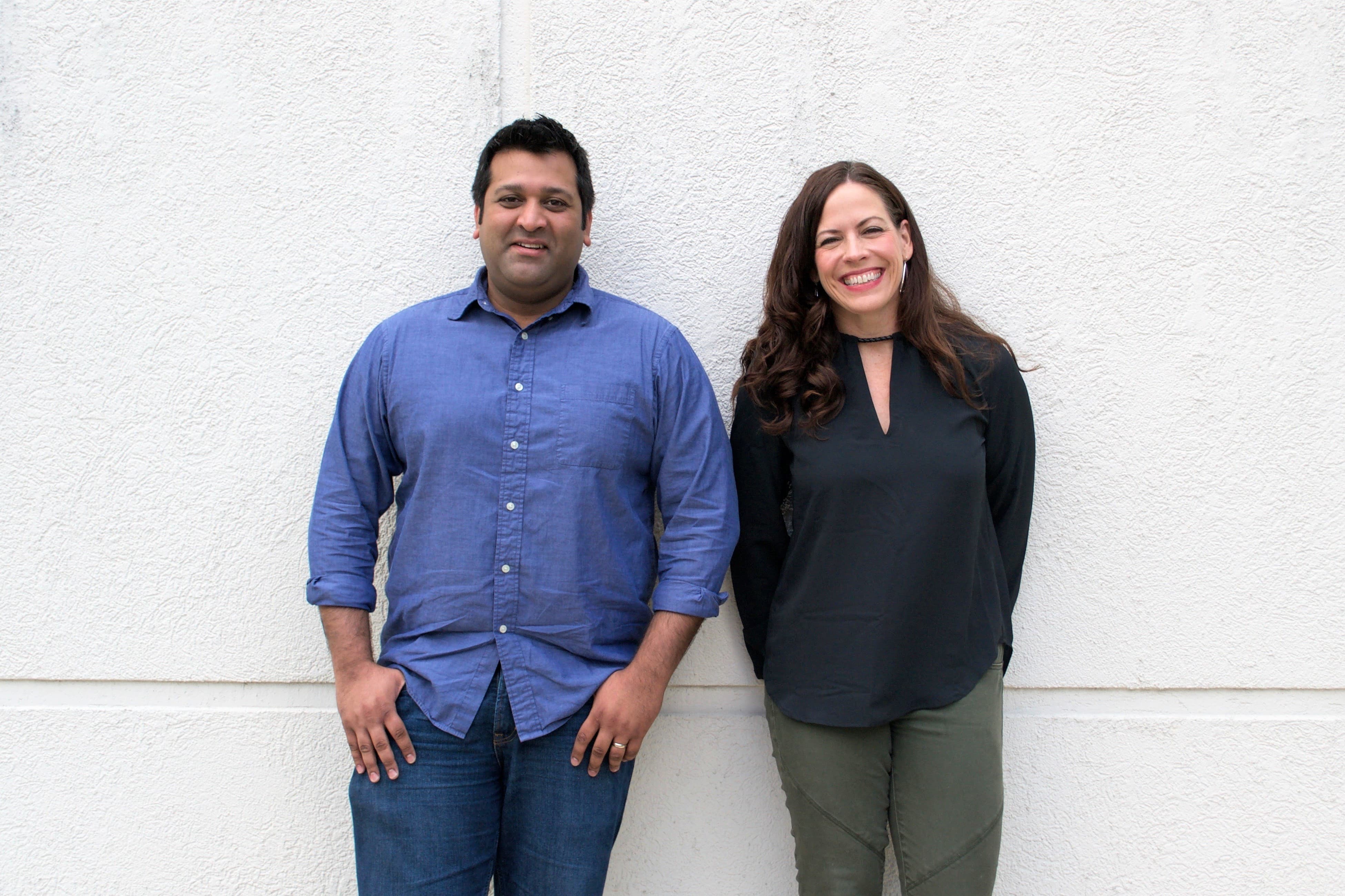Published Podcast Ep. 11 | Interview with Melissa Joulwan and David Humphreys, Author and Photographer of Well Fed Weeknights
You can also listen to Published on iTunes, Stitcher, and Google Play.
Today's episode features Melissa Joulwan and David Humphreys, author and photographer of Well Fed, Well Fed 2, and the newly released Well Fed Weeknights! Mel and Dave, as we'll refer to them, explain how distribution into bookstores can be a game-changer and offer advice for authors beginning to distribute their books.

